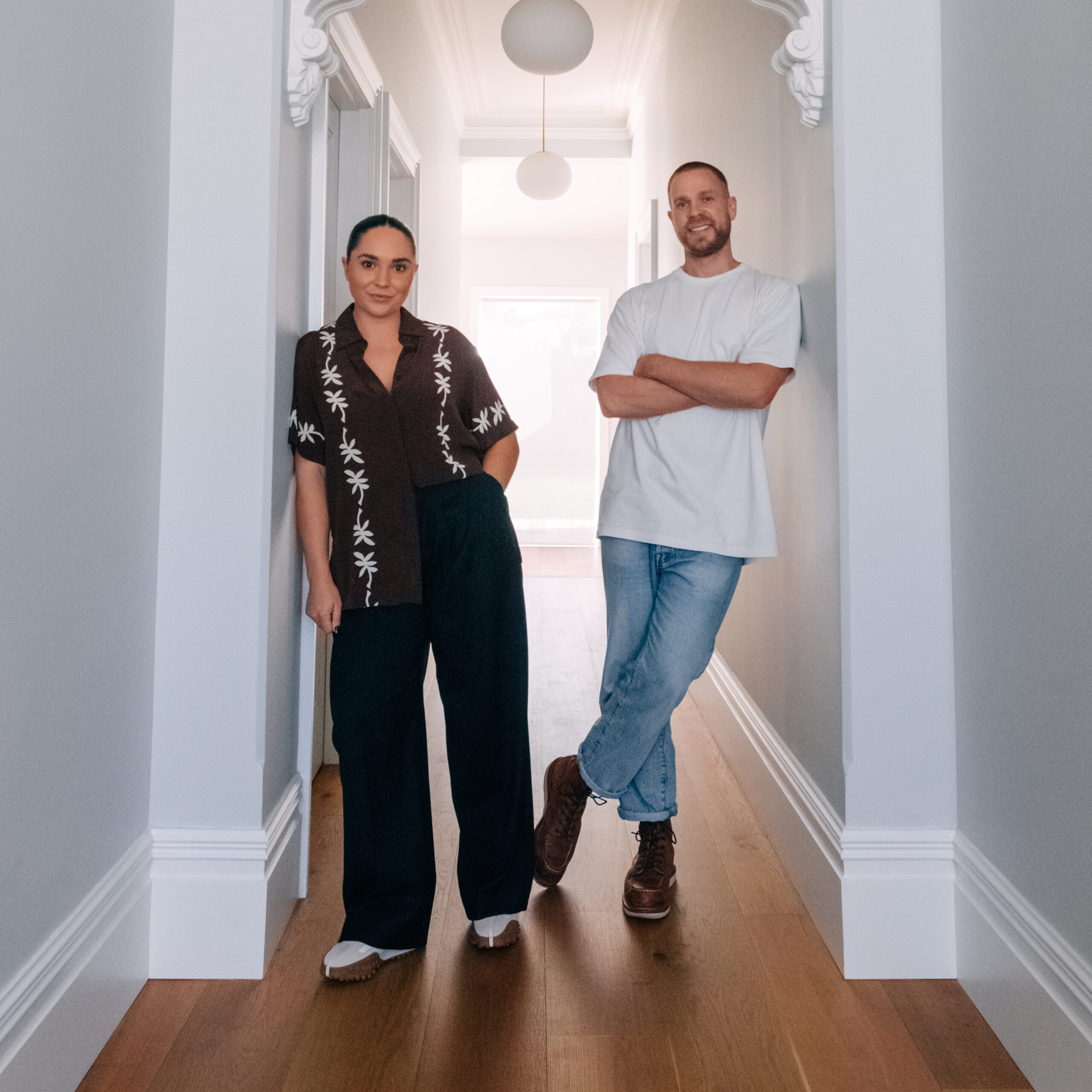What we can expect from the New Zealand economy and housing market into 2021
Launching our column with Kea Independent Economist Tony Alexander who shares his insights on New Zealand market drivers over the next few months, including his predictions on what’s next for the New Zealand housing market.
A few years back I had some involvement with Kea, centred around speaking with different groups of Kiwis in the UK and Europe when conducting what back then for me was an annual trip overseas to gauge economic developments offshore. Eventually I will do that again, and when I do I look forward to again engaging with some of our near one million Kiwi expats.
I’ve become an independent economist now and thought it would be a good idea to write something for Kea members as we head into Christmas which for us in New Zealand involves near-normal freedoms and (hopefully) some hot weather. For others the situation is quite different.
Which brings me to an issue currently swirling around our clubs, pubs, supermarkets and over the back fences (or balconies) – the many expats expected to return when our borders fully open. I am assuming, like NZ Treasury, that such opening comes at the start of 2022.
The common belief here is that hundreds of planeloads of Kiwis will flock “home”. Kea’s recent survey certainly indicated that high scope exists for a large number to arrive. But with regard to the state of the NZ housing market currently and where it goes over 2021, it really does not matter what the flows actually turn out to be.
Asset markets are driven not just by what is happening in the present, but the things which people expect will happen in the future. All this year and especially since the March – May lockdown and Reserve Bank cutting its cash rate to 0.25%, the expectation has been that interest rates are going to remain low for a great number of years.
That expectation, along with hopes of a lot of distressed sellers, helped encourage a wave of first home buyers into our housing markets around the country as soon as lockdown ended in May. For investors who have recently become the key driving force, the impact was not immediate.
Their concerns about prices falling seemed to linger until four months ago when they capitulated and entered the market in droves. A key thing encouraging their purchases since then has been expectations that interest rates will remain low.
There is no major bank in NZ now offering a term deposit rate above 1% for any term. Expectations that returns from this low-risk investment will stay low for years are encouraging a shift of focus toward property – both residential and commercial. At a minimum, many older people who were thinking about selling investment properties have decided not to as the cash received will simply go backwards in real terms from here on out.
The second big expectations factor driving the market is the above-mentioned belief that many expats are set to return. These expectations are encouraging both investors and first home buyers to make a purchase now, before the prophesied hordes arrive.
So, in light of these two expectations, along with other more normal factors driving house prices up 10% on average in just the past three months, are we thinking prices will in fact rise 30% – 40% for calendar 2021? Definitely not, and for those who are contemplating a purchase back here, while I cannot deliver hope that prices will not rise or might even fall, the frenzy should be well gone before the middle of the year.
First, one major bank has just reinstated a minimum deposit requirement for investors of 40%. That will cool off the panicking under-capitalised buyers.
Second, as attention turns to vaccination and borders opening, budgets worth $10bn per annum currently redirected from trips overseas to house-buying and other purchases will return to plans for foreign travel.
Third, many people have altered their five-year plans from travel, spend, lark it up, then try and purchase a house, toward making that purchase first and then enjoying other activities one, three, or five years down the track. Shifts like this over a cycle are normal, and they always fade.
Fourth, house construction faces a boom in New Zealand, and rising supply will slowly claw down expectations of prices always rising at the old 6.8% on average achieved since 1992. (Auckland 7.7%, Canterbury 5.4%, Wellington 6.7%.)
Fifth, the government is likely to do some tax tinkering in 2021 which will slightly reduce incentives to invest in property – but probably not by all that much.
Oh, and finally, how’s the economy looking? Strong, with a 14% rebound in the September quarter, unemployment at just 5.3%, companies reporting widespread difficulties sourcing labour, good prices for our exports, and lots of construction work for the next few years, not to mention strong IT, MedTech, horticulture, games development, etc.
Merry Christmas to everyone over and up there and if you want much more information on the NZ economy you can sign up for my free Tony’s View weekly at www.tonyalexander.nz
HOW KEA CAN HELP
Join
Join the Kea community, and stay connected to New Zealand, its people and businesses wherever you are in the world.
Kea Connect
Help Kiwi businesses explore their global potential through our worldwide community.

 MENU
MENU









